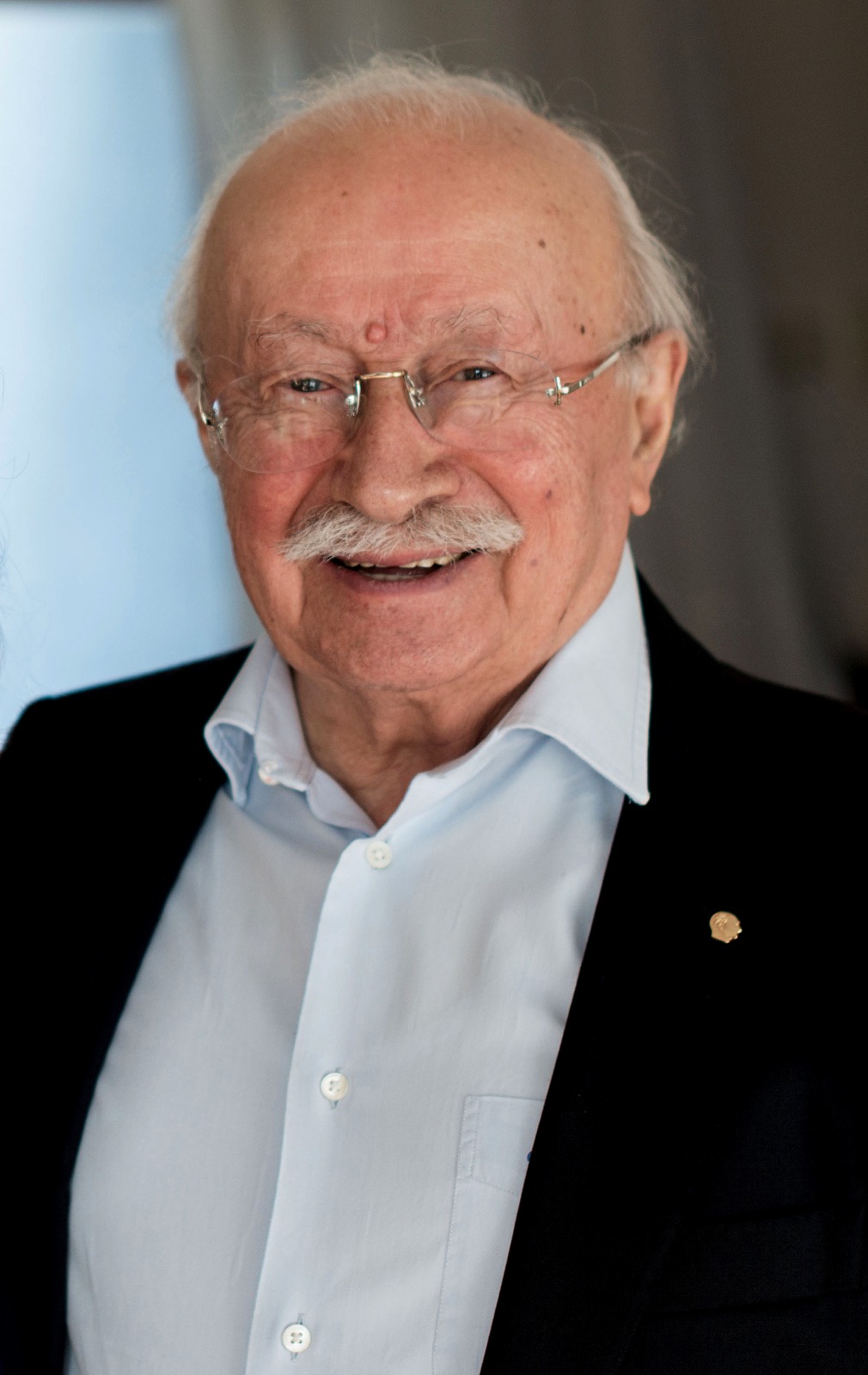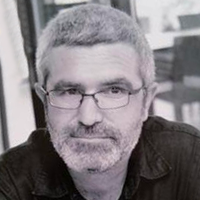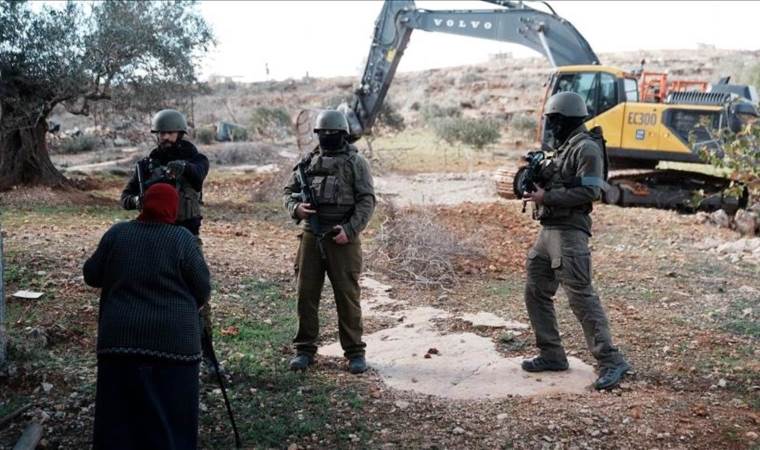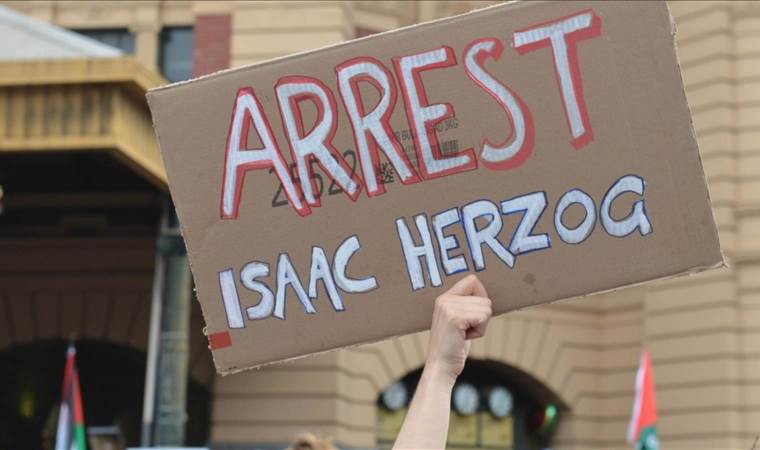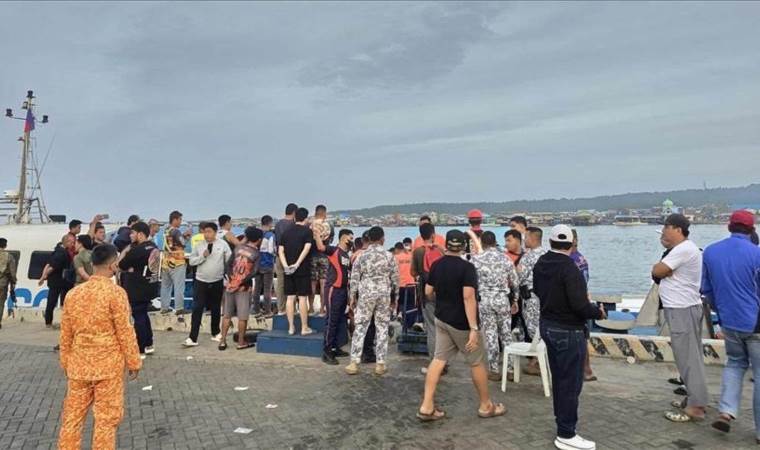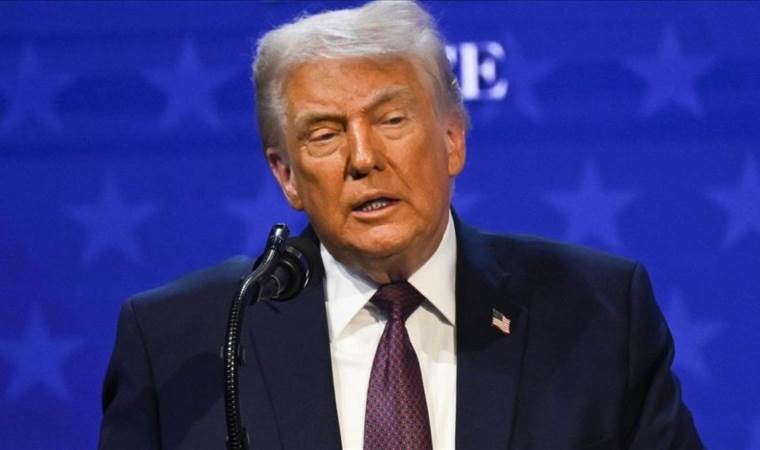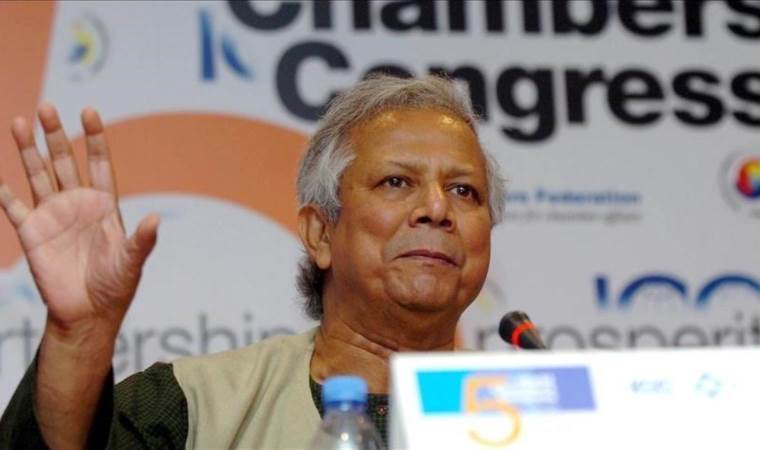Authors Columns of the Day Sport Guest Life All Authors
The Arrest of Journalist Tolga Şardan: A Lawless Act
It's nearly impossible to find a government in Turkey without a criminal record in terms of law, or you could count them on one hand. However, if you tally up all the lawlessness during the AKP's 21-year rule, it would be a fraction of what has transpired.
The most recent instance of this lawlessness is Can Atalay, elected as a TİP (Workers' Party of Turkey) deputy from Hatay. But even this pales in comparison to the arrest of the experienced and reputable journalist Tolga Şardan. His detention, along with five other journalists, all for similar reasons, puts a dark mark on these times.
Much has been written, but it's worth summarizing again:
Can Atalay was a young lawyer who rushed to the aid of anyone or any group victimized by an unlawful act; he was known for this.
During the Gezi protests, which will go down as the largest and most peaceful protest in our political history, he did the same and stood with the victims.
What happened to the defendants in that case was heart-wrenching. They were first acquitted, then Osman Kavala was sentenced to life imprisonment and the other defendants to 18 years each.
Yet, in the recent election, Atalay was elected Hatay's deputy. Everyone assumed that Atalay would be released immediately.
It didn't happen that way.
First, the judiciary turned a blind eye. More than five months later, the Constitutional Court ruled that Atalay's right to be elected as an MP had been violated and that he should be released immediately. However, the 13th High Criminal Court, which conducted the trial, ignored the Constitutional Court's ruling and sent the file to the 3rd Criminal Chamber of the Court of Cassation.
In short, the 13th High Criminal Court overlooked the constitutional provision stating that the Constitutional Court's rulings apply to all organs, including Parliament.
And it doesn't end there.
During the 2014 presidential elections, Selahattin Demirtaş, the former HDP (Peoples' Democratic Party) co-chairman who irked Erdoğan by saying, "We will not let Tayyip Erdoğan be elected president," has been in prison for years despite a ruling from the European Court of Human Rights ordering his "immediate release," just like Kavala.
This issue was also discussed at the Council of Europe, and a decision was reached that the judiciary in Turkey is under the influence of politics. So, if Kavala isn't released by January 1, 2024, sanctions will be imposed on Turkish parliamentarians in the council.
But no one seems to be heeding any of this. In 1998, when Erdoğan was sentenced to 10 months in prison and had to spend four months behind bars, he said:
"Unfortunately, the public conscience has recently been wounded by the impression that judicial decisions have been overshadowed by politics. This undermines the principle of the democratic rule of law, which we must protect like our souls. Democracy in our country is increasingly being transformed into an election method. However, democracy is not only about elections. It also means the independence of the judiciary and judges. If this independence is violated, an oppressive order is established under the guise of democracy."
Yazarın Son Yazıları All Columns
Günün Köşe Yazıları
Most Read News
-
 European nations condemn Israeli measures to expand cont
European nations condemn Israeli measures to expand cont
-
 Trump says he does not support Israeli annexation of Wes
Trump says he does not support Israeli annexation of Wes
-
 10 killed, including suspect, in school shooting in Cana
10 killed, including suspect, in school shooting in Cana
-
 Hundreds protest outside Australia’s parliament against
Hundreds protest outside Australia’s parliament against
-
 Death toll in Philippine shipwreck climbs to 52
Death toll in Philippine shipwreck climbs to 52
-
 Trump casts doubt on potential Iran deal, says it must a
Trump casts doubt on potential Iran deal, says it must a
-
 Bangladesh's Yunus urges nation to vote ahead of 1st ele
Bangladesh's Yunus urges nation to vote ahead of 1st ele
